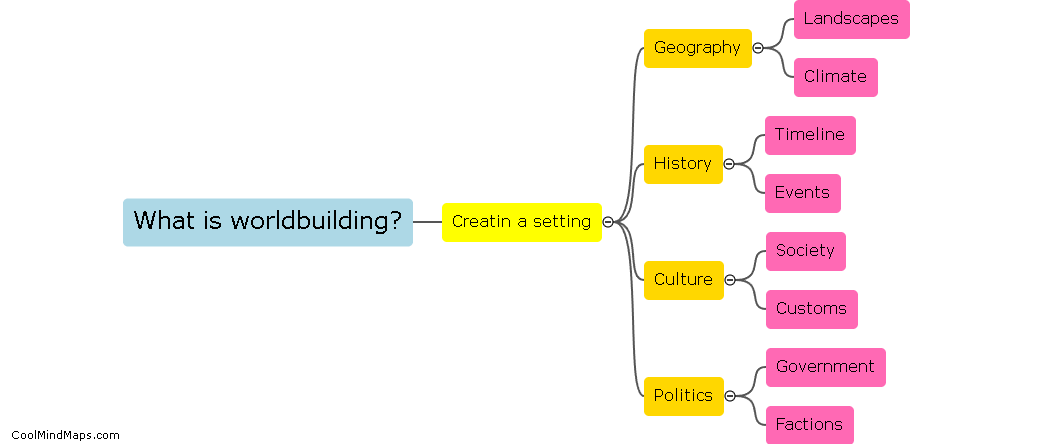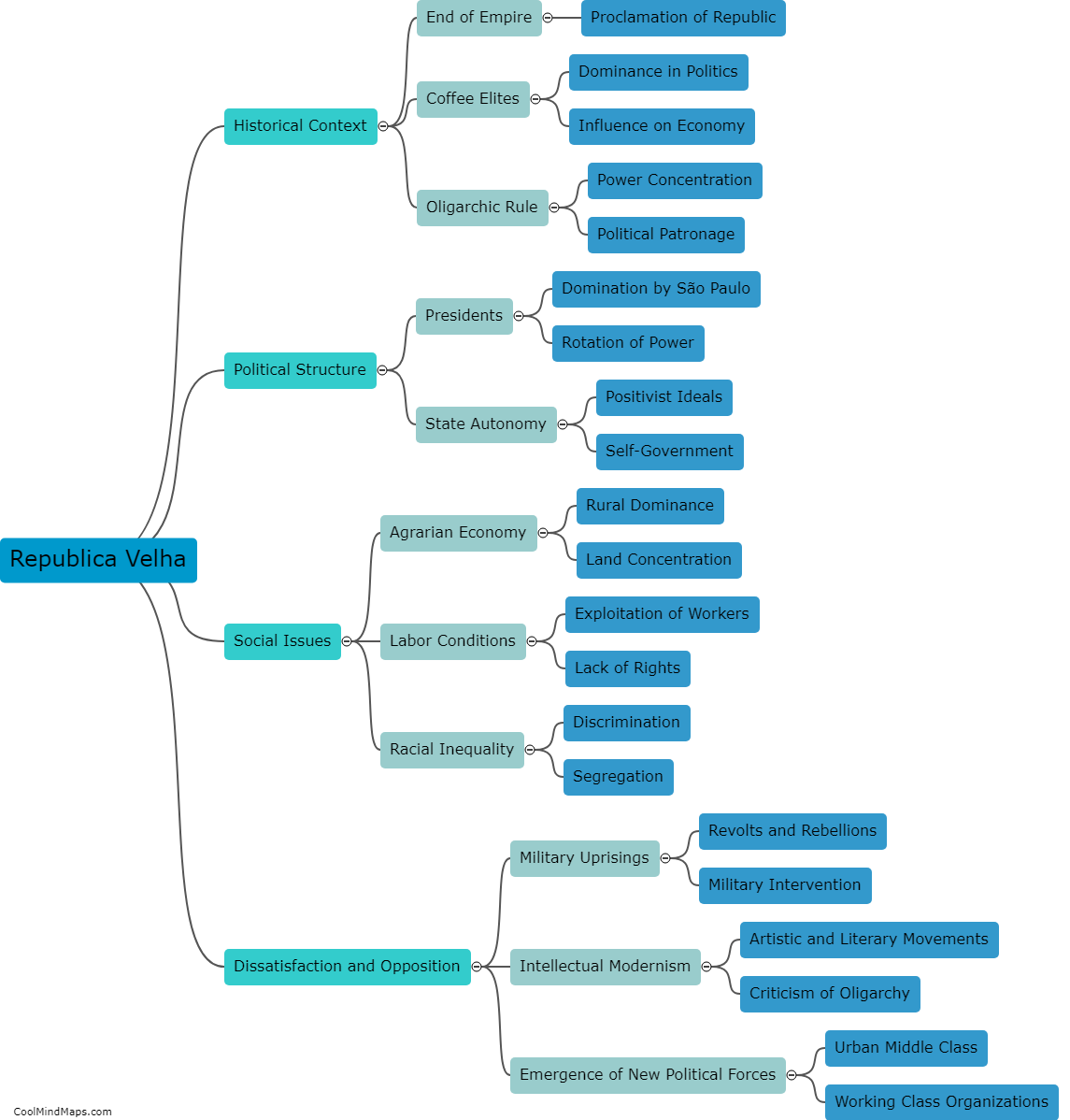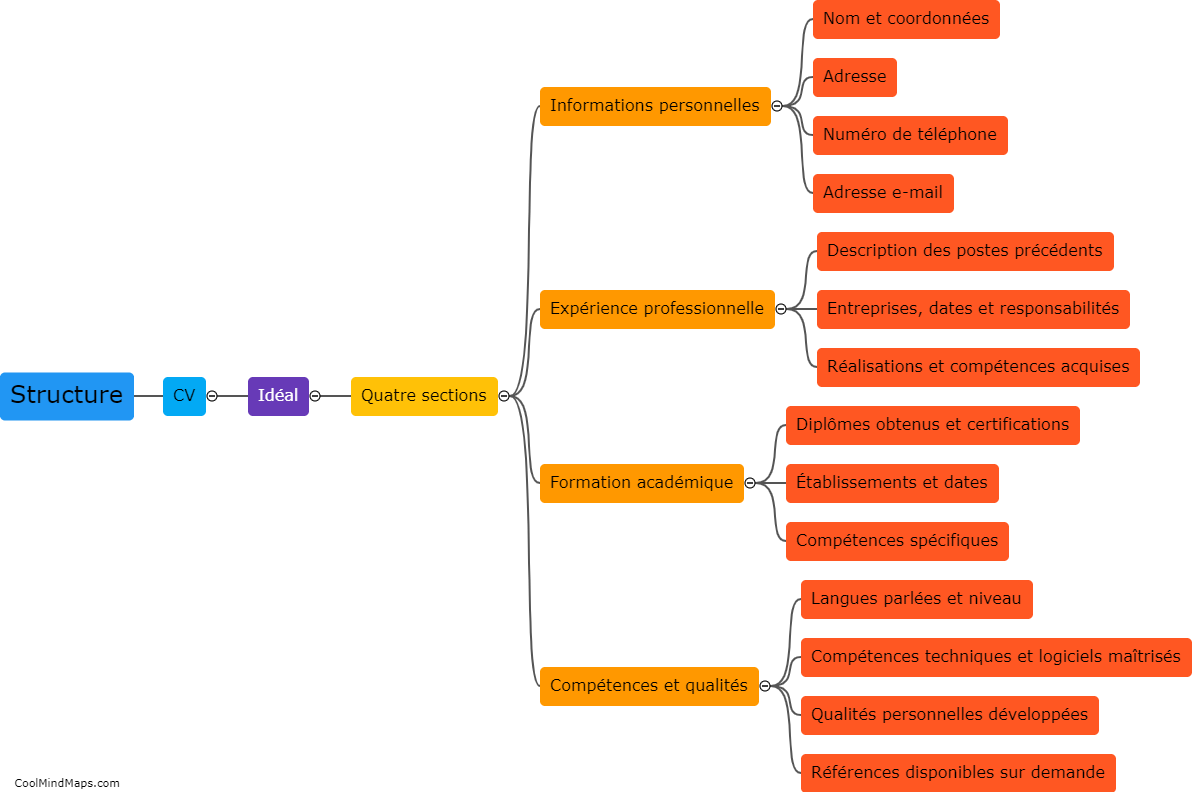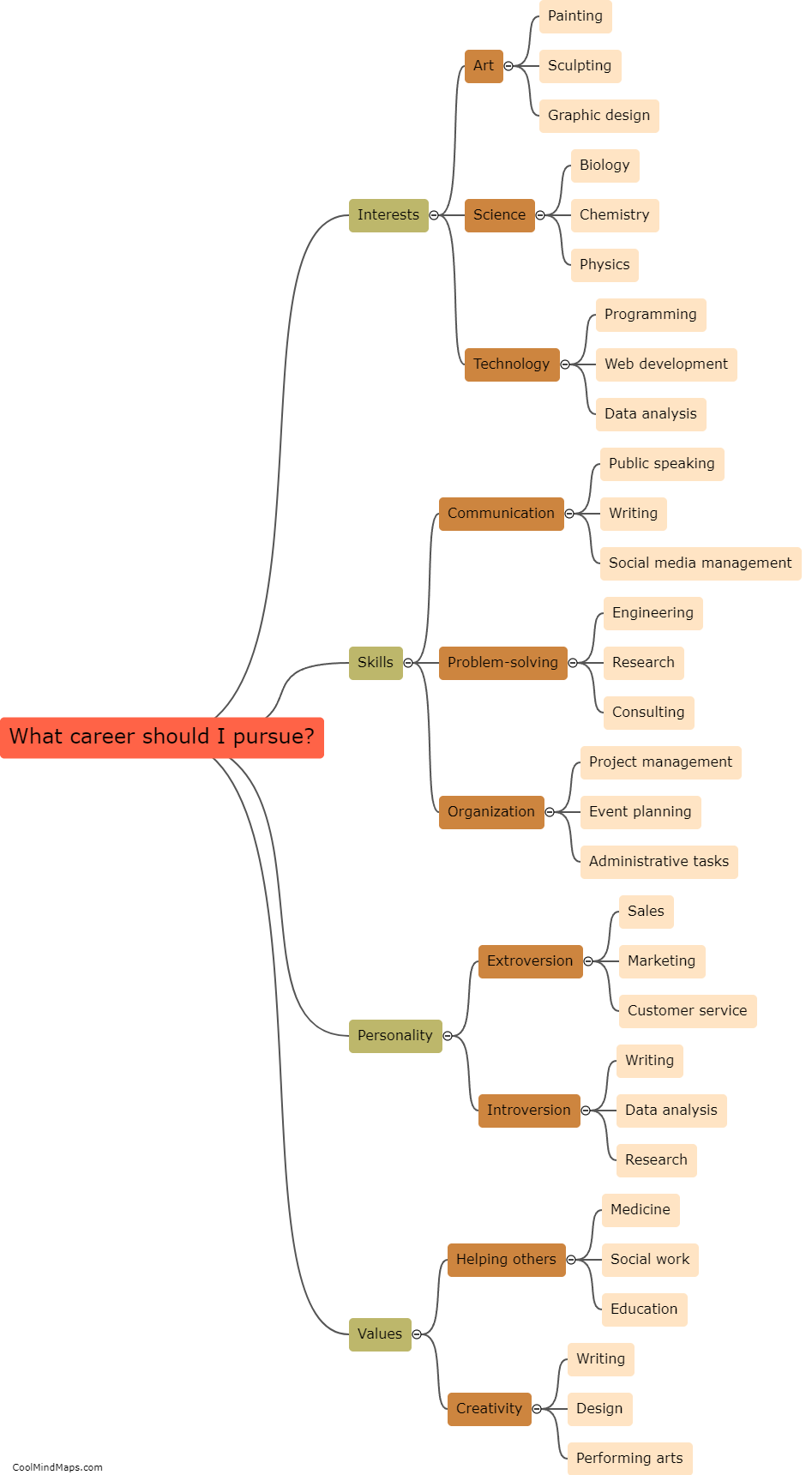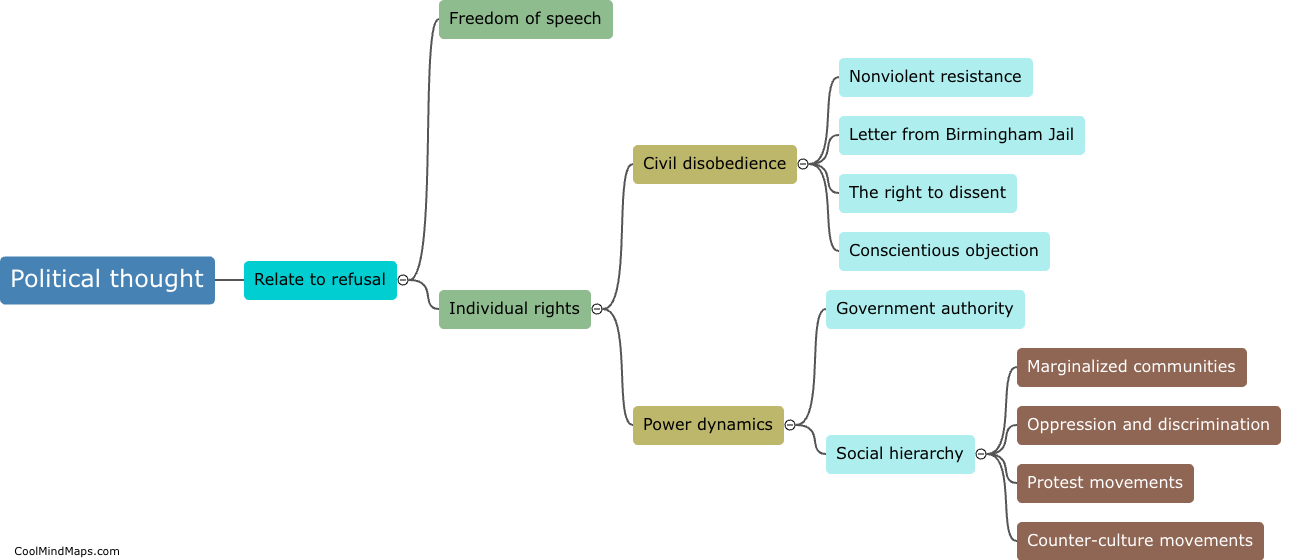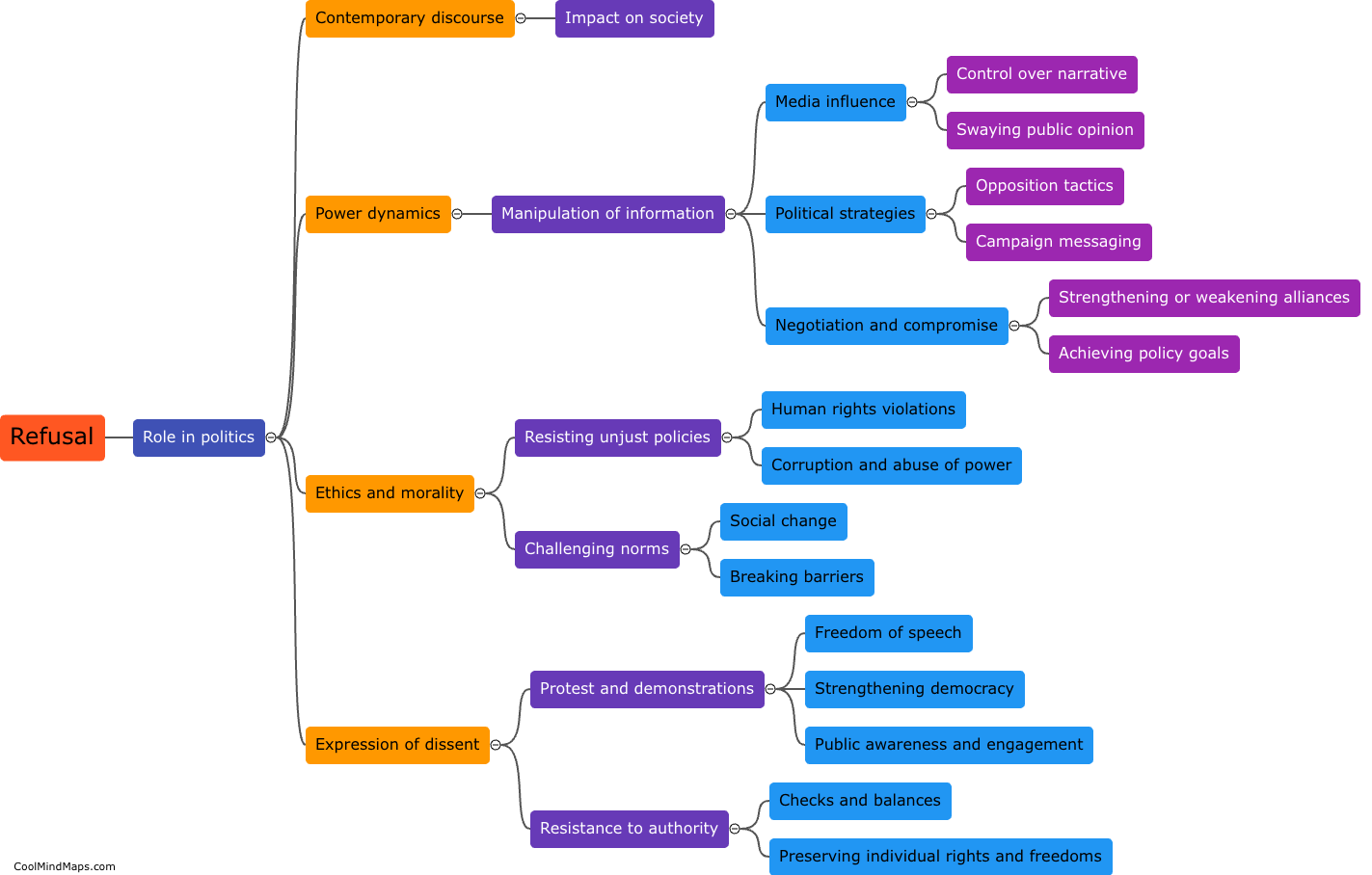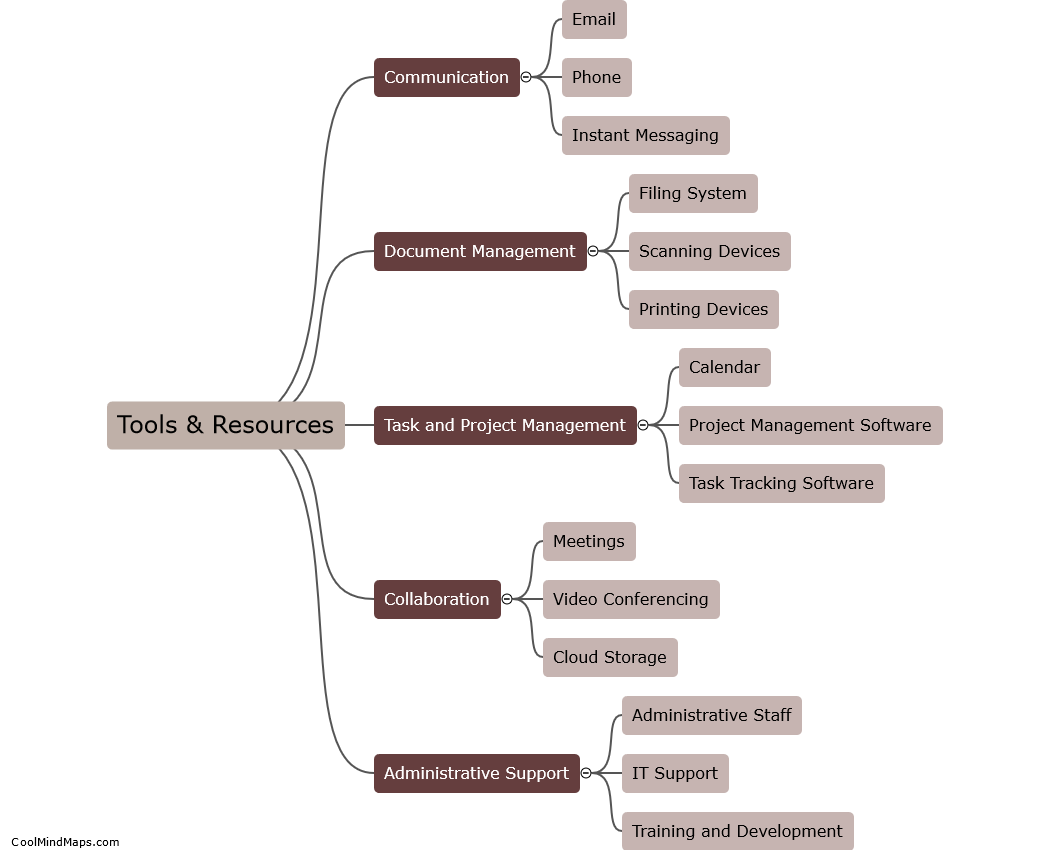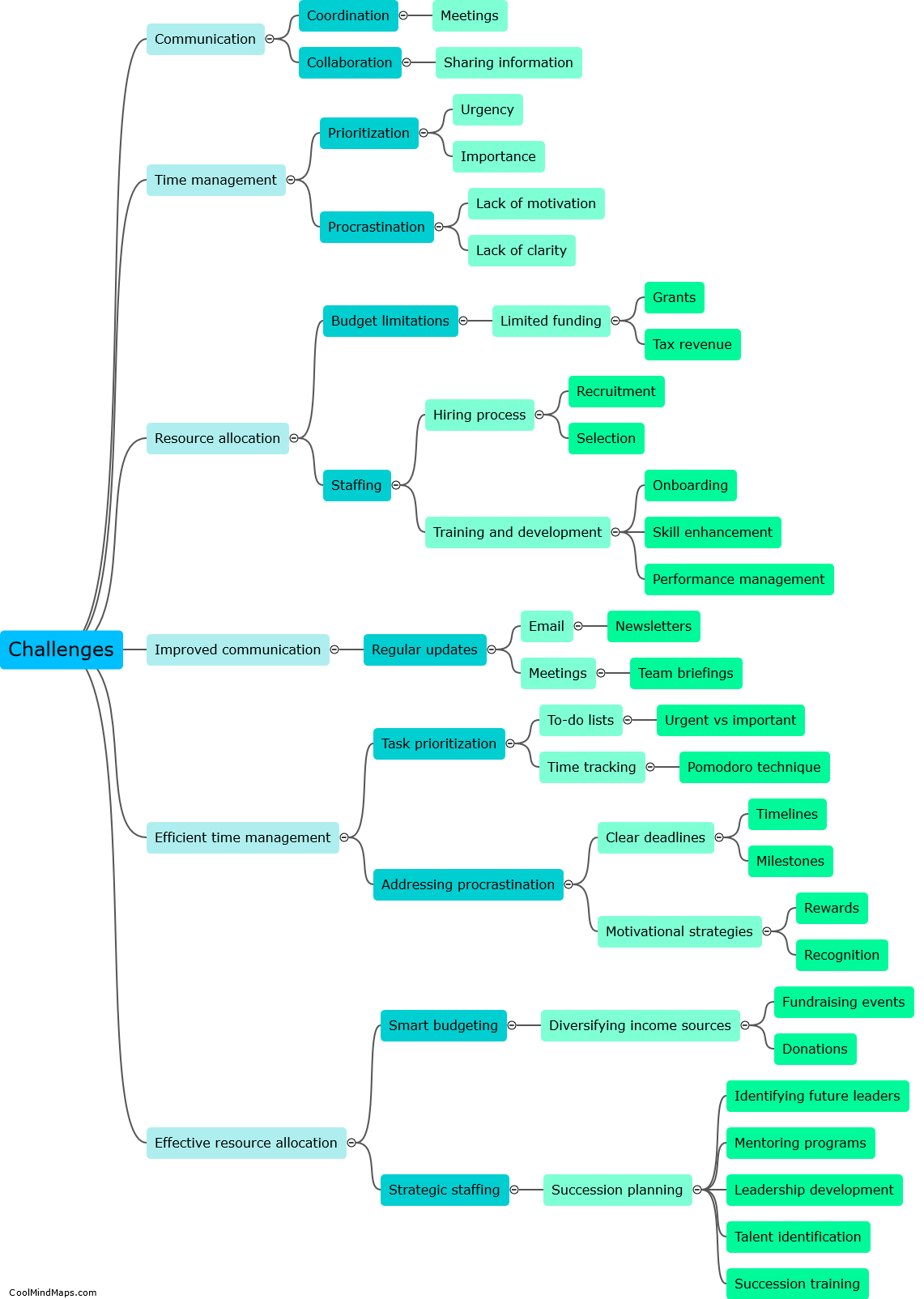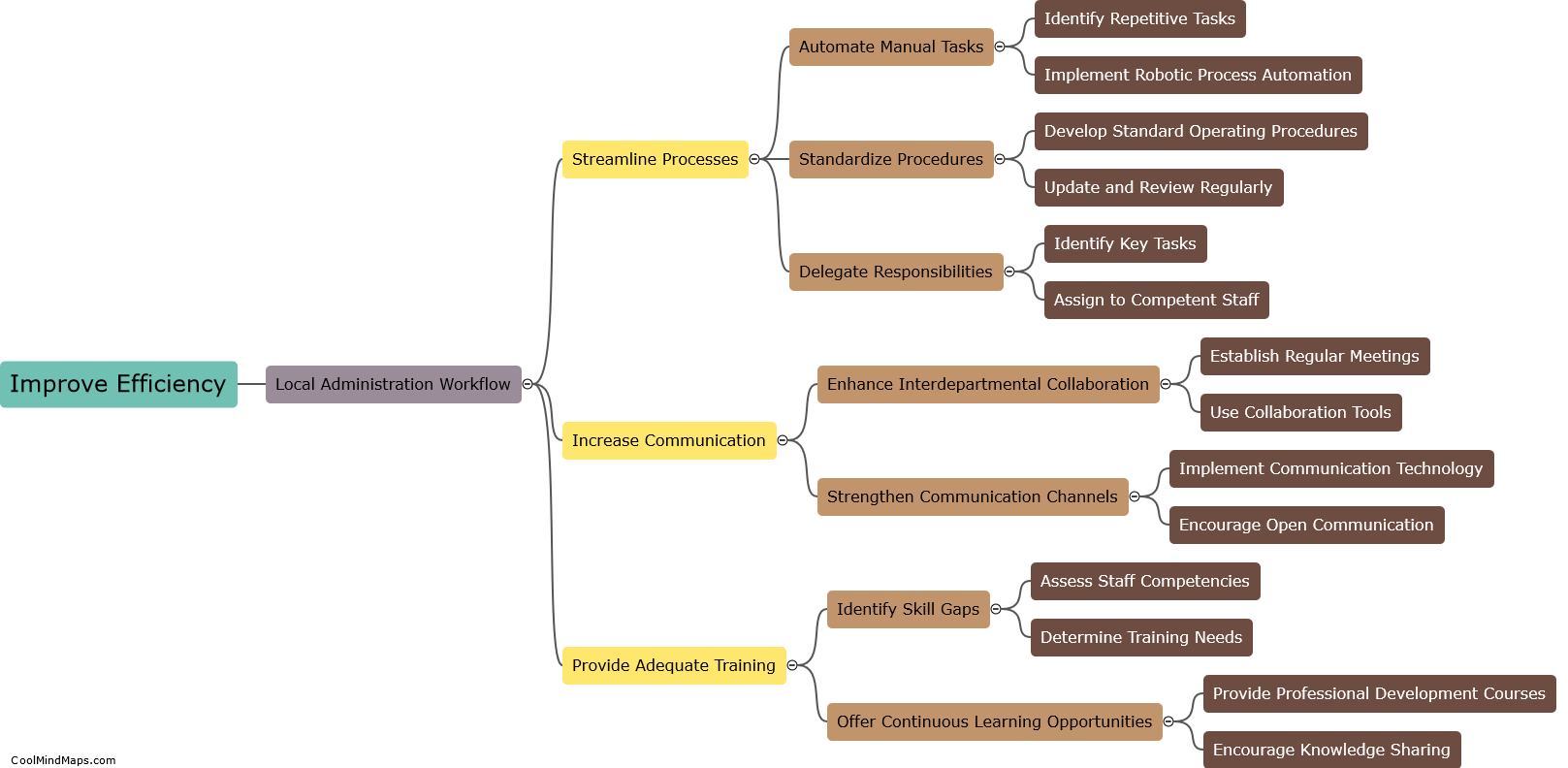How do political movements utilize refusal as a tool for change?
Political movements often utilize refusal as a powerful tool for effecting change. Refusal can take various forms, including boycotts, strikes, sit-ins, and civil disobedience. By refusing to comply with oppressive systems, policies, or practices, these movements challenge the status quo and draw attention to the flaws within the existing structures. Refusal highlights the grievances and demands of the marginalized, forcing those in power to reckon with the consequences of their actions. It disrupts daily routines, provokes public discourse, and, in some cases, drives policymakers to address the concerns raised. Through refusal, political movements assert their agency and demand that their voices be heard, pushing for transformative change in pursuit of social, economic, or political justice.

This mind map was published on 11 December 2023 and has been viewed 97 times.

